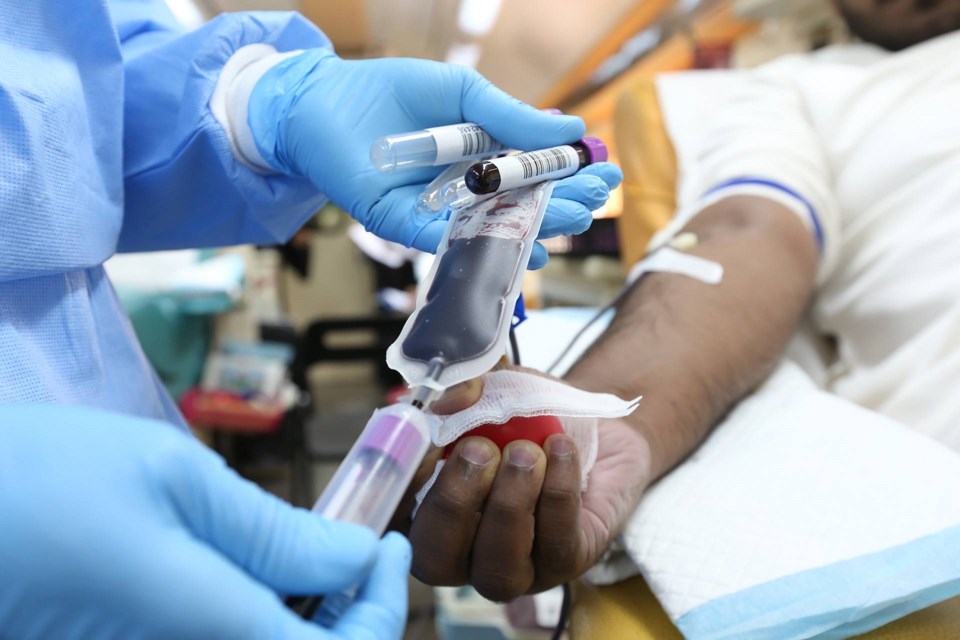The Jewish community recently held a blood drive, urging people who recovered from the deadly novel coronavirus to donate. Oholei Torah in Crown Heights and Flatbush's Sephardic Community Center were two of the sites that stretched from the tristate area to as far away as Detroit.
"The Crown Heights community, which has many residents who have contracted and recovered from the coronavirus, now has enormous potential to save lives by donating plasma!" an article in the Crown Heights-based Collive said, calling on residents to join its Plasma Save A Life Initiative.
Collive stated that the initiative is connected to a national research effort to find a treatment for COVID-19 at the Mayo Clinic, a nonprofit academic medical center headquartered in Rochester, Minn.
The Mayo Clinic serves as the lead institution in the Food and Drug Administration's nationwide initiative, Robert Nellis, a spokesman for the clinic, told BKReader. "National blood banks and others are handling the collection," he explained.
They are collecting what is known as convalescent plasma, the liquid part of the blood from people who recovered from COVID-19. According to the FDA, those individuals developed antibodies in their blood that might help others fight the virus.
Researchers want to find out if transfusing convalescent plasma from a recovered patient into someone fighting the disease would accelerate the recovery process.
This type of treatment is not new. Doctors have used this approach to fighting diseases since the late 19th century with diphtheria patients and in the 20th century in the battle against the measles.
Mayo Clinic laboratories launched serology testing to detect antibodies to the virus on April 13.
"Serology testing is a critical component to our nation's response to the pandemic, and making this test available to our colleagues around the country is our priority," William Morice, president of Mayo Clinic Laboratories, said.
Dr. Morice continued: "There is enormous demand for serologic testing. At this time, serology testing needs to be prioritized for efforts to identify individuals in areas where potential immunity is key — supporting health care workers, screening for potential plasma donors, and helping advance the most promising vaccine candidates."
Thousands have participated in blood plasma drives and testing so far. As of May 3, they include more than 4,500 physicians, 9,600 patients and 5,100 infusions.
It's too soon to tell whether the FDA's initiative will succeed, the New York Times said, referencing experts who expect that it could take months of testing to determine the effectiveness of this potential treatment.
For those who recovered from COVID-19 and are interested in donating blood plasma, the Mayo Clinic recommends searching its site (here) for a nearby participating blood bank.
Maimonides Medical Center in Brooklyn is one of the facilities on the list.




